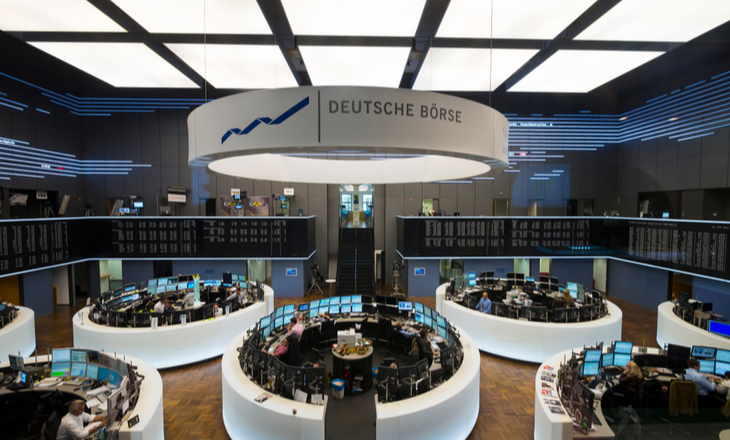Deutsche Börse today revealed that it has finalised the acquisition of a majority stake in FINMA-regulated digital assets trading provider Crypto Finance. The companies signed the agreement in June and the transaction closed on 15 December.
The German market operator highlighted that the acquisition of Crypto Finance will lay the foundation for an independent, transparent, and scalable ecosystem for digital assets under European regulation.
Clients Deutsche Börse will now have direct and easy access to digital asset services, including post-trade. Existing and new customers will be able to trade a wide range of digital assets and new market participants through their established platforms.
Crypto Finance will now be able to access to Deutsche Börse’s client and infrastructure and its capital base to further grow its team, carry out structural growth plans, and broaden its product and service portfolio. The expansion of the customer base will be focused on Germany in Europe, and Singapore in Asia.
Eric Leupold, Head of Cash Market at Deutsche Börse, stated:
Thanks to Crypto Finance’s proven expertise and the technologies they have developed, we can now enable financial institutions and professional investors to enter the digital asset market. This is a step further in our digital asset strategy.
Jan Brzezek and the current management remain in Crypto Finance and keep a significant stake in the company. The firm will continue to conduct business as an independent brand focusing on banks, asset managers and FinTechs.
Jan Brzezek, CEO and co-founder of Crypto Finance explained:
Established financial institutions increasingly want to start investing in digital assets and are looking for a trustworthy partner. With its esteemed reputation and broad expertise in operating financial market infrastructure, Deutsche Börse garners this trust. We are very excited to continue our success story with our colleagues, existing and new clients and partners.
A new government recently came to power in Germany formed by three parties. They cited crypto their coalition agreement and called for stronger supervision of crypto assets by the European Union’s institutions.
